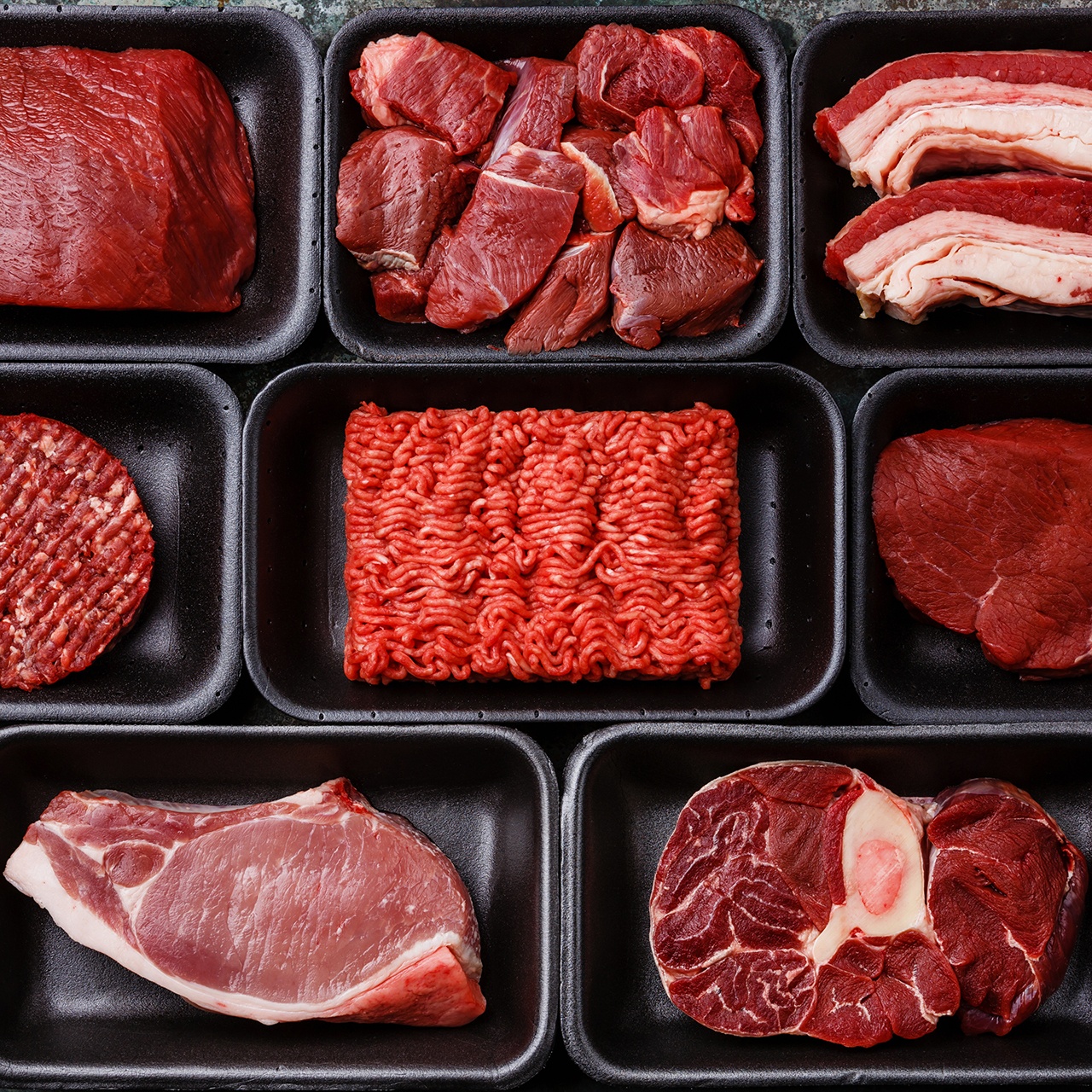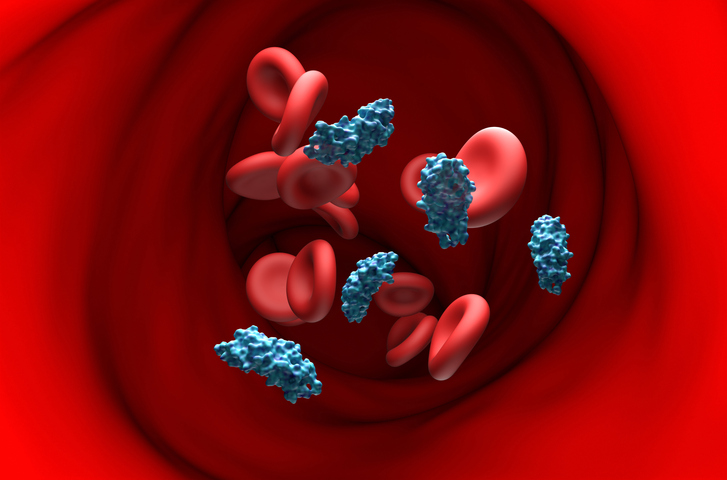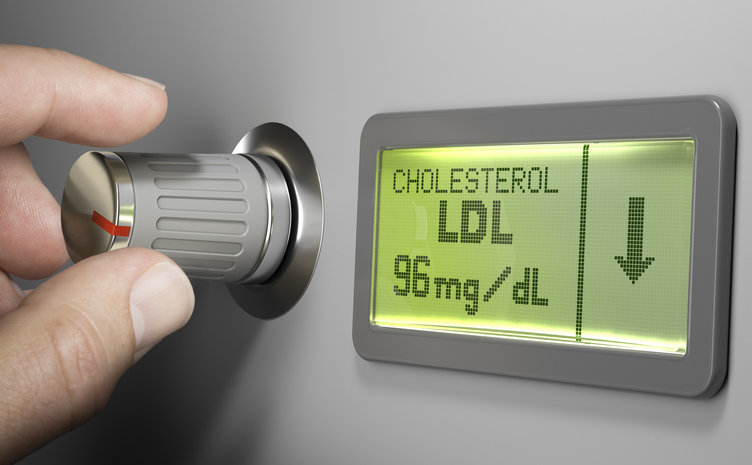
Swapping plant proteins, such as nuts, for red meat, can help lower the overall risk of cardiovascular disease, according to new study results.
“Previous findings from randomized controlled trials evaluating the effects of red meat on cardiovascular disease risk factors have been inconsistent,” lead author Marta Guasch-Ferré, a researcher in the Department of Nutrition at the Harvard T.H. Chan School of Public Health, said in a press release. “Our new study, which makes specific comparisons between diets high in red meat versus diets high in other types of foods, shows that substituting red meat with high-quality protein sources lead to more favorable changes in cardiovascular risk factors.”
The meta-analysis, published in Circulation, looked at randomized, controlled trials that focused on the health effects of red meat in comparison to other specific food types. The authors conducted systematic searches of PubMed, stratifying comparison diets into high-quality plant proteins sources (legumes, soy, nuts); Chicken/poultry/fish; fish only; poultry only; mixed animal protein sources, plus dairy; carbohydrates; or usual diet. They then performed a random-effects meta-analysis, looking specifically at changes in blood lipids, apolipoproteins, and blood pressure. The meta-analysis included 36 studies and 1,803 participants.
Plant Proteins Win
According to the analysis results, there were no differences between red meat and comparison diets for variables such as total cholesterol, low-density lipoprotein (LDL) cholesterol, high-density lipoprotein (HDL), apolipoproteins A1 and B, or blood pressure (weighted mean difference [WMD], 0.065 mmol/L; 95% CI, 0.000 to 0.129). When the researchers looked at specific comparison diets, they observed significant differences with high-quality plant protein diets compared to red meat ties, particularly for total cholesterol and LDL levels. This relationship was not observed with fish, however, as red mean still yielded greater decreases in LDL (WMD, –0.173 mmol/L; 95% CI, –0.260 to –0.086) and HDL levels.
“Asking ‘Is red meat good or bad?’ is useless,” commented Meir Stampfer, a senior study co-author and professor of epidemiology and nutrition. “It has to be ‘Compared to what?’ If you replace burgers with cookies or fries, you don’t get healthier. But if you replace red meat with healthy plant protein sources, like nuts and beans, you get a health benefit.”
Eat well, eat healthy! Meta-Analysis of Randomized Controlled Trials of Red Meat Consumption in Comparison With Various Comparison Diets on Cardiovascular Risk Factors | Circulation https://t.co/4mi5R5zmry
— Stefano Del Prato (@SDelprato) April 9, 2019
"Substituting red meat with high-quality plant protein sources leads to more favorable changes in blood lipids and lipoprotein: Red Meat Consumption in Comparison With Various Comparison Diets on Cardiovascular Risk https://t.co/5xrOuZLOAU
— Joel "Heart Prevention" Kahn MD, FACC (@drjkahn) April 9, 2019
Nice meta-analysis of #RCTs in @CircAHA comparing diets containing red meat with diets that substitute red meat with various foods. Substituting red meat with plant protein sources yielded the greatest LDL-C reduction. #CVD prevention via plants https://t.co/UL3KeLeu2b
— Alexander C. Razavi (@AlexRazavi) April 10, 2019
Substituting red meat with high-quality plant protein sources leads to more favorable changes in blood lipids and lipoprotein | Circulation @CircAHA @HSPHnutrition @HarvardChanSPH https://t.co/77qLHkHF4X
— Marta Guasch, PhD (@MartaGuasch1) April 9, 2019
https://twitter.com/anika_knueppel/statuses/1115911284501954560







 © 2025 Mashup Media, LLC, a Formedics Property. All Rights Reserved.
© 2025 Mashup Media, LLC, a Formedics Property. All Rights Reserved.